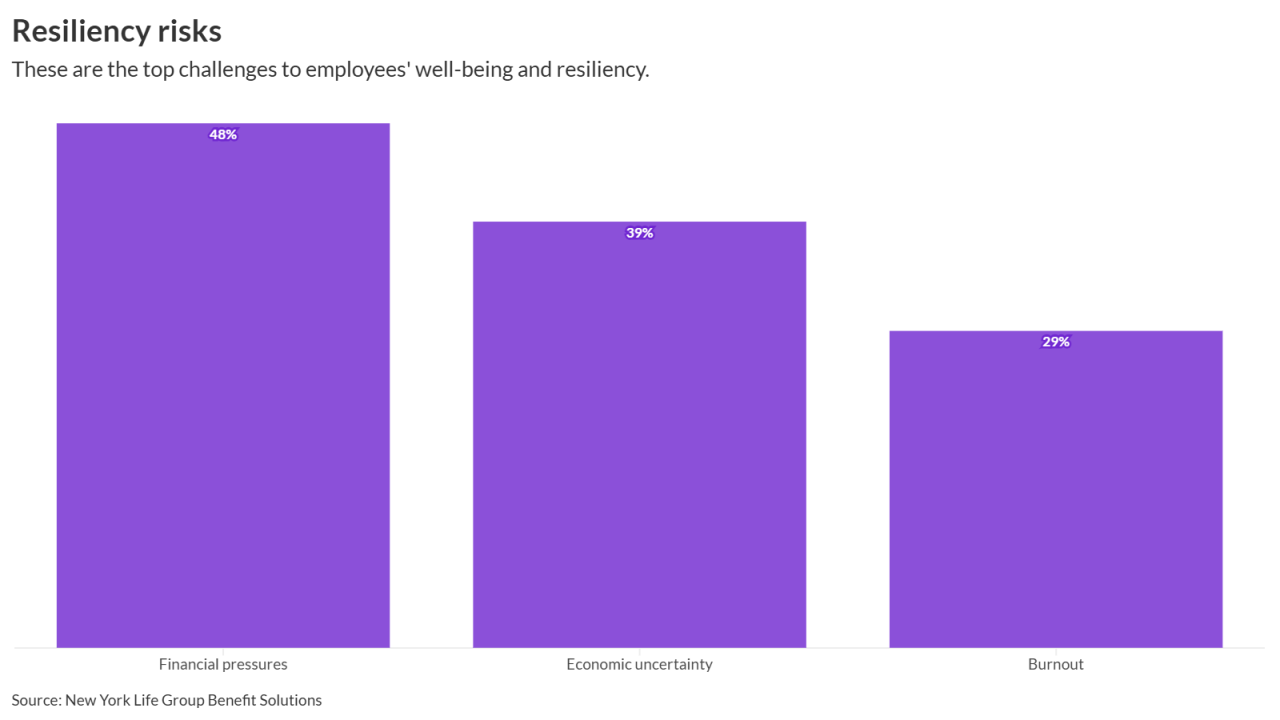As the workplace evolves, so too must HR leaders. The traditional HR function, once focused primarily on
Business acumen is essential for HR leaders who must move beyond traditional personnel management and become strategic business partners. Understanding financial statements, market trends, and competitive positioning allows HR professionals to
Read more:
Data literacy is revolutionizing HR by enabling data-driven decision-making. HR leaders must develop the ability to interpret workforce analytics, measure employee engagement, and predict talent needs. Understanding key HR metrics like turnover rates, time-to-hire, and employee productivity allows HR professionals to utilize predictive analytics to identify trends and proactively address workforce challenges. Communicating data insights to stakeholders in a meaningful way strengthens HR's role as a business driver, bringing both issues and solutions to leadership to improve profitability.
Digital agility is no longer optional in the era of HR technology. With the rapid adoption of AI-driven recruitment tools, employee experience platforms, and HR automation, HR leaders must stay informed about emerging technologies and their impact on workforce management. Conducting trials and experiencing how new tools can help organizations solve business problems is crucial. Implementing digital solutions that enhance efficiency, productivity, and employee experience, while quickly adapting to new digital trends such as remote collaboration and virtual onboarding, sets apart forward-thinking HR leaders.
People advocacy is at the heart of modern HR. The role is no longer just about enforcing policies — it's about creating a workplace where employees thrive. HR leaders must prioritize employee well-being and drive an inclusive workplace, fostering a culture of engagement, trust, and psychological safety. Acting as a bridge between leadership and employees ensures alignment in organizational values and goals. Advocating for employees with data-driven insights strengthens HR's influence in shaping a supportive work environment.
Read more:
Execution excellence is the key to turning HR strategies into tangible results. HR leaders must set clear objectives and measure initiatives against key performance indicators (KPIs), ensuring HR operations are both efficient and impactful. Streamlining processes, leading change management efforts, and optimizing costs within general and administrative functions drive sustainable success.
As organizations continue to evolve, HR leaders must cultivate these emerging skills to remain effective and drive sustainable success. Business acumen, data literacy, digital agility, people advocacy and execution excellence form the foundation of a modern, high-impact HR function. By mastering these competencies, HR professionals will not only enhance their own careers but also contribute significantly to the future of work.
Read more:
In this dynamic landscape, continuous learning and professional development will be key. HR leaders must remain lifelong learners, continuously updating their skills and knowledge to stay ahead of emerging trends and best practices. They will also need to empower their teams to do the same, creating cultures of continuous improvement and innovation.
Ultimately, the future of HR leadership will be defined by those who can blend compassion with strategy, using their influence to drive both organizational success and individual fulfillment. By embracing these challenges with courage and creativity, HR leaders will not only shape the future of their organizations but also leave a lasting impact on the broader world of work.





